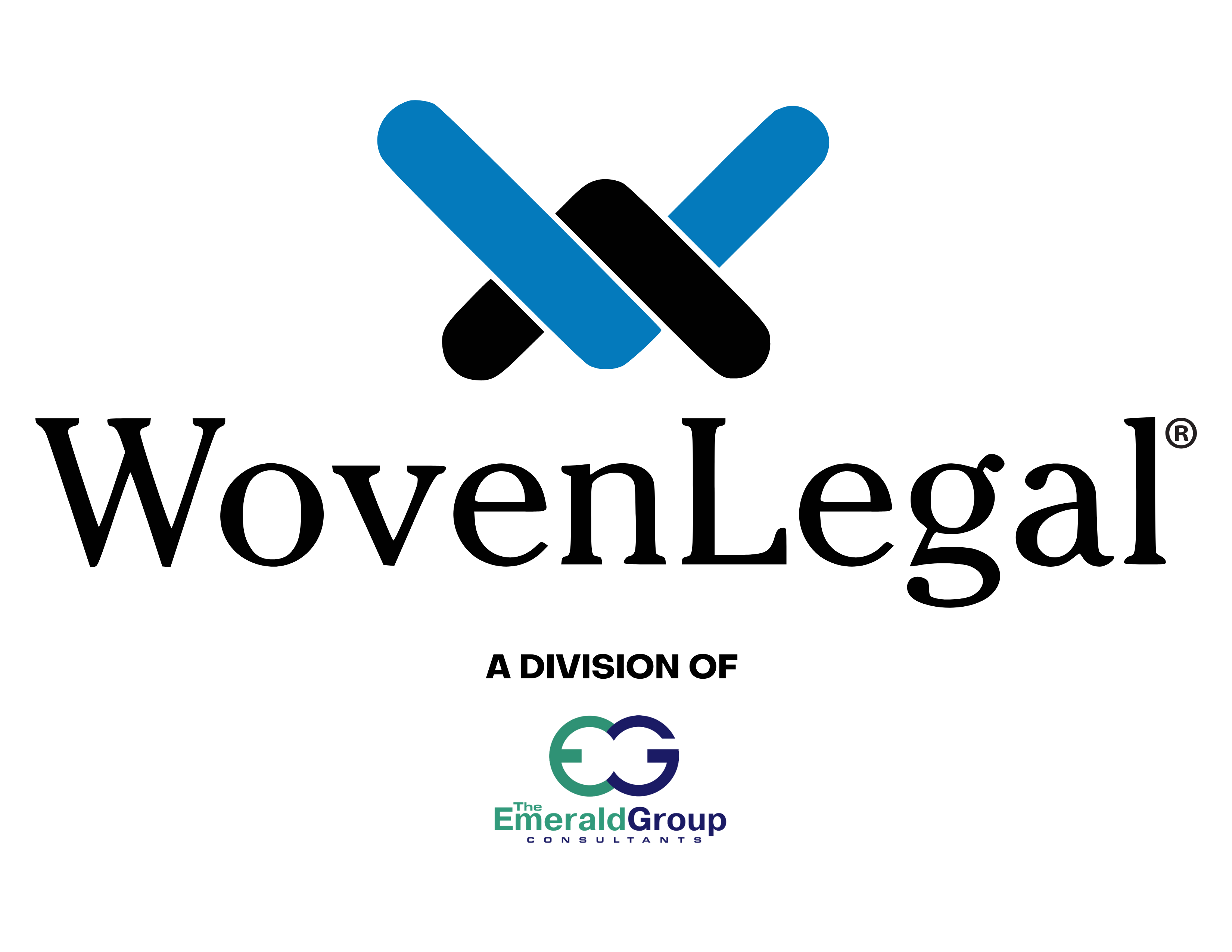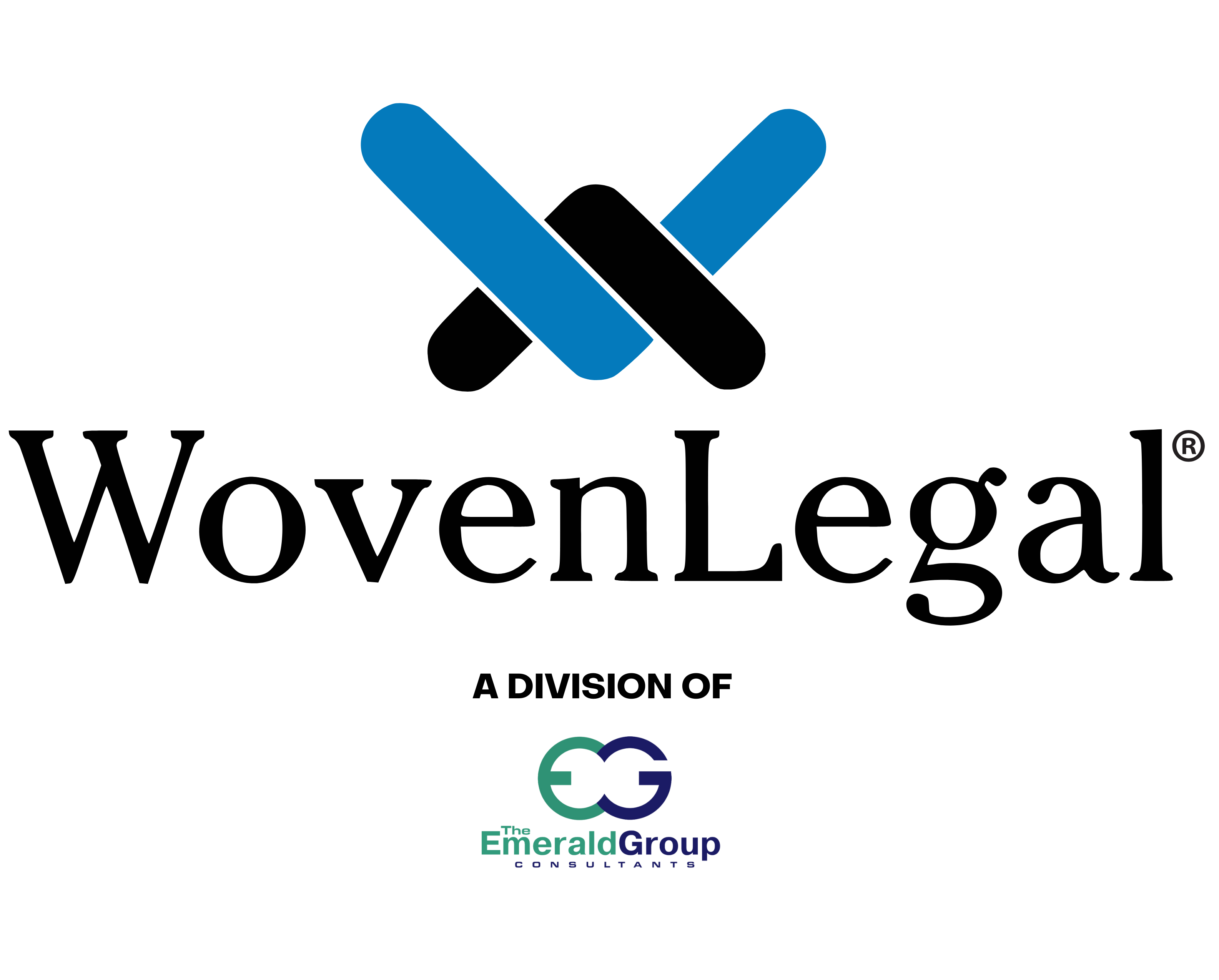Every lawyer bringing someone onto their team wants to get it right. And there’s no doubt it can be frustrating when they hire someone who ends up leaving the team shortly thereafter. But all too often, the same mistakes are made when that job ad is posted again, leading to a constant churn cycle of people in and out the door.
Investing more time and using the right systems to hire someone new isn’t just a better experience. It saves time and money and helps the rest of your team feel valued and supported in their own roles.
Here are a few ways the wrong hire in a law firm ends up costing more in the long run.
Frustration and Embarrassment
When you have a turnover problem or feel like you put a lot into hiring someone new only to have it fail, it’s hard to move on from that issue. Talking to clients, colleagues, or even a new potential hire about these problems feels like a subtle admission that they treat people badly or that you, the lawyer, are the common problem.
It’s hard not to take it personally, especially if you have attempted to hire people more than once and had it go sideways. In plenty of cases, there’s nothing wrong with you or even your current workplace, but there is a problem with your hiring process. Although it can be disheartening to lose someone when you hoped it would work out, it’s a good reminder that you can’t alter the past, but you can improve for the future. Enlisting the help of outside experts can cut down on the possibility of upcoming bad hires.
Work Overflow Problems
When a new team member joins, there’s an onboarding and training process usually facilitated by the attorney or another staff member. If that new employee leaves quickly, this creates a problem of both lost training time and shifting the tasks that person was supposed to take on back to other members of the team.
When other people try to pick up the slack, the possibility for errors is higher, too, which can have negative impacts on the entire firm. If the person who quit or was fired didn’t document the systems in their role, it’s also harder for other staff to pick up the slack easily.
Morale Issues
Getting a new team member on board can be very exciting, especially if your current staff feels overloaded. Having to break the news to the rest of the team that it just didn’t work out can impact morale across the team, especially if some of those staff members helped in the training process.
The morale doesn’t end with your current team members, either. The departing employee might make the effort to voice their interpretation of what went wrong online in Glassdoor or Google Business reviews, which prompts gossip or negativity. It can also impact whether or not the next person you hire accepts their offer.
Relisting the Role Costs
If you paid to list the original position, now you’ve got to post the ad again. You also have to dedicate more team time to things like resume review and interviews. More time and money are both on the line when you have to return to recruiting mode.
Lost Billable Hours
Hiring someone for admin or paralegal work allows everyone else in the office to focus on their specific tasks. For lawyers, that can be billable hours. When a lawyer has to step back to repost the job or pick up the tasks left behind by the staff exit, they’ll inevitably leave billable hours on the table.
That same lawyer might also have to work overtime to stay on top of a busy caseload while also juggling the fallout from the employee’s departure. The subsequent decrease in productivity causes more stress and is precisely at odds with the main reason a law firm hired someone to help in the first place.
Likewise, the firm might experience lost profitability overall because they can’t bill out a paralegal’s time if the paralegal quit. While both lost billing hours and lost profitability may be temporary, they can contribute to a firm’s ability to remain profitable.
IT Expenses
Onboarding someone new usually requires software signups or help from an IT expert. That person needs an email, a “seat” on all your firm software, and access to the right equipment and files. Concerns over security vulnerabilities are a big issue, too, because someone on the team will have to shut down all these accounts and re-secure sensitive firm or client information.
What to Do After an Employee Leaves
Whether the new hire quit or was terminated, take a pause before posting the job opening again. This is a good time for reflection. Consider whether there were red flags ignored early on or valuable feedback given by the departing worker on their way out. What lessons can you learn from this, and how can this apply to your hiring the next time around?
Most lawyers know the qualities they want to see in a long-term hire but they may struggle with the process of hiring. The good news is you don’t have to take on the stress of hiring on your own. Working with hiring experts is one of the easiest ways to know that you have the best possible chance of bringing the right team member on board for the long haul. Sometimes stepping back from handling every step of the screening and onboarding process leads to more objectivity and a better final result.
Adding the right professional to your firm’s team can feel like a breath of fresh air, and it creates powerful momentum for your work culture, too.




Comments are closed